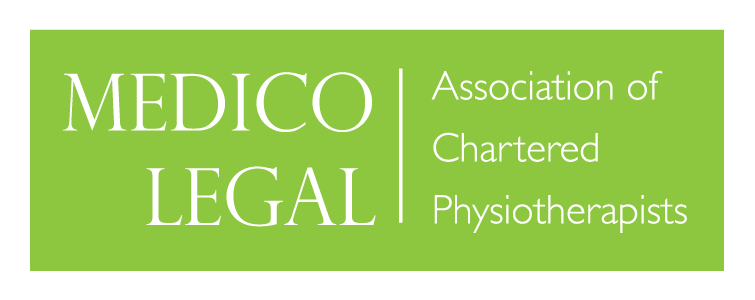- New survey shows 54% of IoD members have been approached by staff suffering mental ill health
- 98% of business leaders say good mental health is important to the performance of their organisation, but just 14% have a formal mental health policy in place and fewer than one in five offer line management training
The UK’s oldest business representative body has called on Government to work with employers to ‘start a conversation’ on mental health in the workplace. In a new paper, A little more conversation, the Institute of Directors (IoD) reports that large companies have adapted more quickly to increase awareness of mental health and offer support to staff, but smaller, more stretched companies do not feel they have the resources to do so.
The IoD is calling on Government to target SMEs and larger businesses with guidance on mental health and how to talk about it, and on companies of all sizes to institute formal mental health policies and integrate mental health awareness into line management training.
In the paper, based on surveys of IoD members and citing OECD statistics that suggest poor mental health costs the UK some 5 per cent of GDP, the IoD argues that mental health is unarguably a business issue on a par with physical health and safety, and that increasing awareness of mental health across the business landscape could play a key role in addressing Britain’s “productivity puzzle”.
The report follows the Prime Minister’s announcement of an independent review into mental health in the workplace, to be led by Paul Farmer, Chief Executive of Mind, and Lord Dennis Stevenson.
In A little more conversation, the IoD calls for:
- The Government to trial a training scheme for small business owners to help them develop mental health policies
- The Government to make greater efforts to communicate existing schemes, such as Time to Change, to a wider range of businesses
- Large firms to consider giving a non-executive board member specific responsibility for ensuring mental health awareness and training is integrated across businesses
Stephen Martin, Director General at the Institute of Directors, said:
“The time has come for mental health to get the recognition it deserves at work. Coming from a background in construction, I know the lengths companies go to protect the physical health of their staff, but their mental wellbeing has often not received enough attention. Prevention is always better than cure, so we need to ensure businesses are supported by Government to create an environment where employees feel comfortable enough to talk about their problems at an early stage. The Prime Minister deserves credit for putting mental health so far up the agenda, and removing the stigma of mental health will require joint leadership from politicians, business leaders, and practitioners.
“It can be hard for small businesses in particular, who don’t have large HR departments to prepare for staff dealing with mental health problems. There are already many positive schemes out there than can help these companies, but awareness is still too low. Equipping business leaders with more mental health literacy could well contribute to a real uptick in Britain’s productivity – this is not just an issue of welfare, but of business and commerce too.”
In a foreword to the report, His Royal Highness the Duke of Cambridge, said:
“Catherine, Harry and I are spearheading the Heads Together campaign to change the conversation on mental health, as it is clear that mental ill health lies at the heart of some of our greatest social challenges.
“Britain’s employers have a major role to play in this. In recent decades, businesses have ensured their workplaces are safe and physically healthy, with many actively promoting and supporting healthy lifestyles among their staff. But we would like this approach to be broader; to support the mental as well as physical wellbeing of the 31 million people at work in Britain.
“Through Heads Together, we want to help change the conversation on mental health, I am delighted that organisations representing large numbers of businesses, such as the Institute of Directors, are starting these conversations and supporting their members, employees, and the wider business community through it”.






